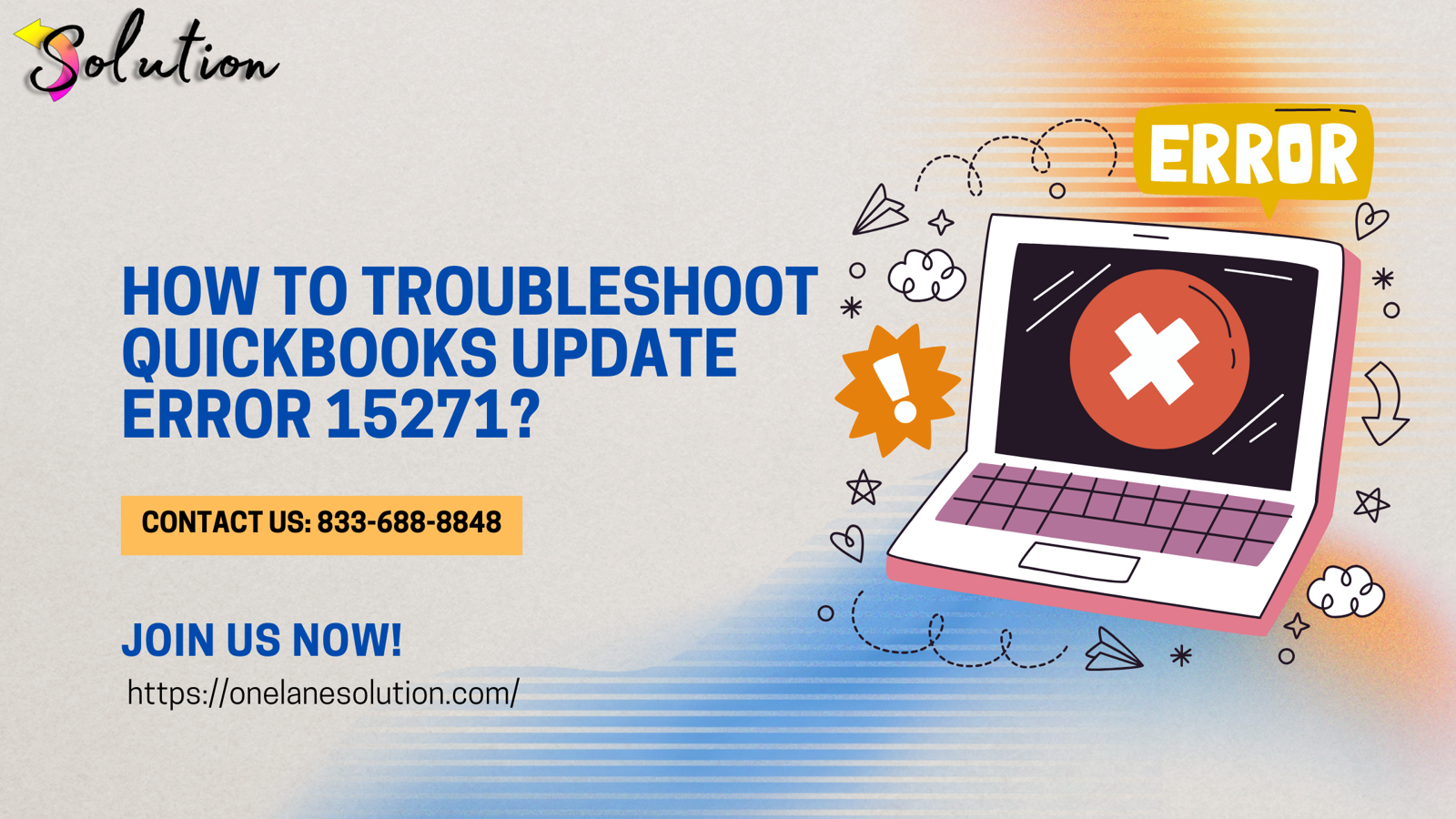
Customers and companies alike have turned to Subscription Services Over One-Time Purchases as the preferred option in today's fast-paced, flexible environment. There was a time when buying something was a one-and-done deal. The proliferation of recurring payment schemes has impacted a number of industries, including entertainment, software, food delivery, and fitness.
The change, why? It's easy: subscription services provide a situation where both parties benefit. Customers may keep getting their hands on their favorite goods and services without having to constantly replenish their supply. On the contrary, businesses gain from stable sources of income and the chance to establish meaningful connections with clients. Consumers' need for customization, simplicity, and adaptability is driving this change, so it's more than simply a passing fad.
Subscription services have become an integral part of our everyday lives, and this blog will examine how the transition from one-time purchases to recurring models is changing sectors, generating innovation, and more. Business in the future will revolve around ease of use and uninterrupted service, so brace yourself.
The Convenience Factor: Why Consumers Love Subscriptions
Due to the extreme convenience they provide, subscription services are becoming increasingly popular in today's fast-paced society. Subscriptions save customers the trouble of making many decisions, spending too much time browsing, and having to repeatedly place orders for the same products or services. Automatic delivery or access eliminates the need for members to manually replenish supplies when they run low.
Customers can easily access limitless content with platforms like Spotify and Netflix, eliminating the hassle of purchasing individual movies or songs. This approach is especially attractive in the entertainment industry. Food delivery services such as HelloFresh, which deliver recipes and materials directly to your door, significantly reduce the time and effort required for meal planning and preparation.
A greater feeling of control is another benefit of subscriptions. Customers can effortlessly modify their plans, suspend services, or explore new options, achieving a highly customized experience. Customers prefer subscription services because they provide a hassle-free way to enjoy the products and services they love, plus they are convenient, easy to access, and meet the increasing demand for time-saving solutions.
The Benefits of Personalization and Flexibility in Subscriptions
The capacity to provide customers with highly customized and adaptable experiences is a major selling point of subscription services. The proliferation of data-driven technologies has given companies an advantage in understanding their customers' wants and needs, enabling them to provide individualized service. Personalization adds a sense of relevance and engagement to subscription services, whether it's a Spotify playlist tailored to an individual's tastes, a Birchbox beauty box filled with carefully selected items, or a meal kit prepared using components chosen according to dietary restrictions.
Flexibility is an additional major perk on top of personalization. Modern consumers value flexibility in their service plans, and subscription models provide it. The delivery frequency of meal kits, for instance, can be adjusted to suit the subscriber's schedule, or a service like Netflix can have its monthly delivery paused or skipped. Customers feel more independent because they can tailor their subscriptions to their specific needs and pay for just what they use.
Also, consumers and companies tend to form deeper emotional bonds as a result of these customized experiences. Companies may establish long-term client loyalty by delivering specialized advice and flexible options. Both parties benefit from this situation. Components like personalization and flexibility will play a crucial role in shaping subscription-based models going forward, especially as customer expectations continue to grow.
The Future of Subscriptions: Emerging Trends and Innovations
The future of subscription services is poised for exciting innovations as consumer needs continue to evolve. One emerging trend is the rise of micro-subscriptions, which offer highly specialized, low-cost access to niche products or services. These micro-subscriptions allow consumers to try out new items without committing to long-term plans, creating a more flexible and affordable option.
Another key innovation is the integration of AI and automation. Companies are increasingly using artificial intelligence to analyze consumer data and provide more personalized experiences, from custom product recommendations to adaptive delivery schedules. This ensures that subscribers receive the most relevant offerings, improving overall satisfaction.
Additionally, the hybrid subscription model is gaining traction, where businesses combine traditional one-time purchases with subscription-based services, offering consumers a broader range of options and more control. As these trends continue to develop, subscription services will become even more tailored and integrated into daily life, shaping the future of how we consume products and services.
Challenges and Potential Drawbacks of Subscription Services
Subscription services have many advantages, but they also have some problems and possible downsides. When customers get overloaded with all the services they have subscriptions to, they may cancel or disregard some of them, which is known as subscription fatigue. Customers may lose track of their subscriptions due to the proliferation of services, leading to squandered funds and unutilized subscriptions.
Unexpected costs are another issue. Frustratingly, several subscription businesses promote cheap starting costs but then add on hidden fees or increase pricing later on. Customers may also be dissatisfied due to inconsistent service quality and availability, which can happen when companies change services or features without giving customers enough warning.
Finally, losing flexibility might result from relying too much on subscriptions. Customers may be unhappy with a service or feel trapped in recurring payments, but canceling can be a hassle at times. Businesses should prioritize openness, value, and adaptability to guarantee customer happiness.
See Also: QuickBooks Payments Account
Conclusion
Subscription services are revolutionizing customer engagement with products and services by providing unmatched ease, customization, and adaptability. Businesses are seeing the benefits of establishing long-term relationships with customers, guaranteeing a stable cash flow, and providing customized experiences that boost customer satisfaction as recurring revenue models are being more and more adopted by industries.
Subscription weariness, hidden costs, and service discrepancies are some of the concerns that customers should be aware of as subscriptions become more popular. Building trust and loyalty requires firms to be open and honest, provide obvious value, and be flexible.
If businesses and customers understand the' benefits of subscriptions, they may use them more effectively. You can make sure that the transition from one-time purchases to subscription models goes smoothly and benefits everyone if you embrace frequent upgrades, provide personalized experiences, and back up crucial data. Future years will see the subscription economy further reshape accessibility, convenience, and consumer engagement.
















Write a comment ...